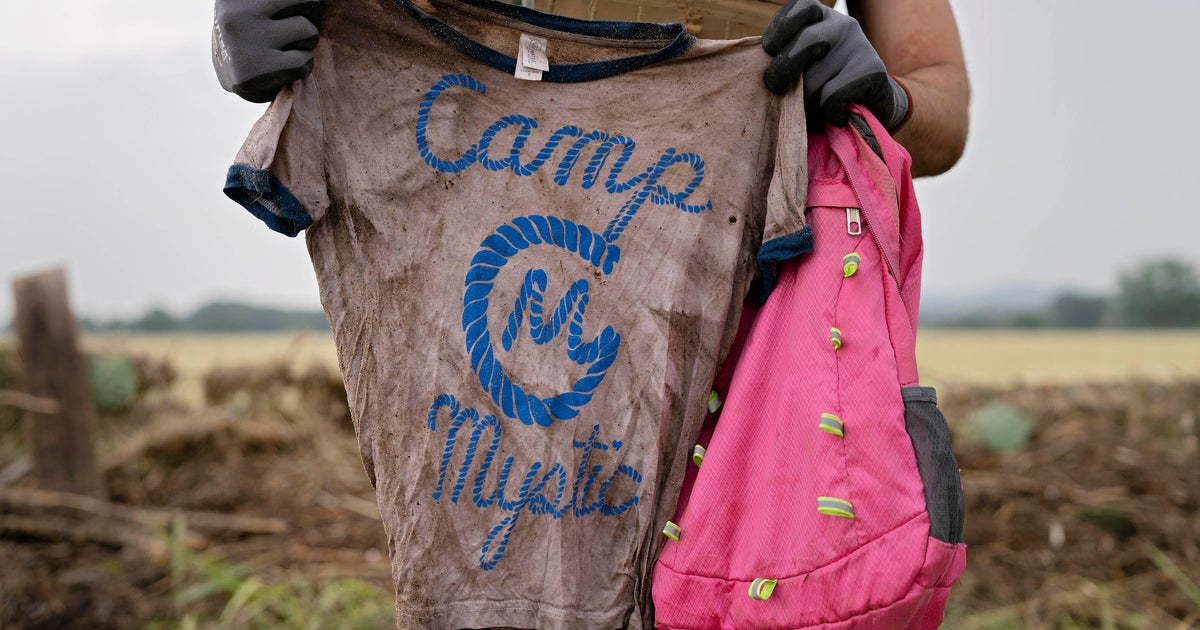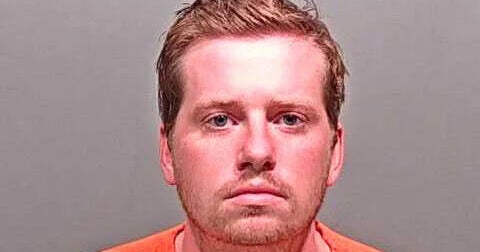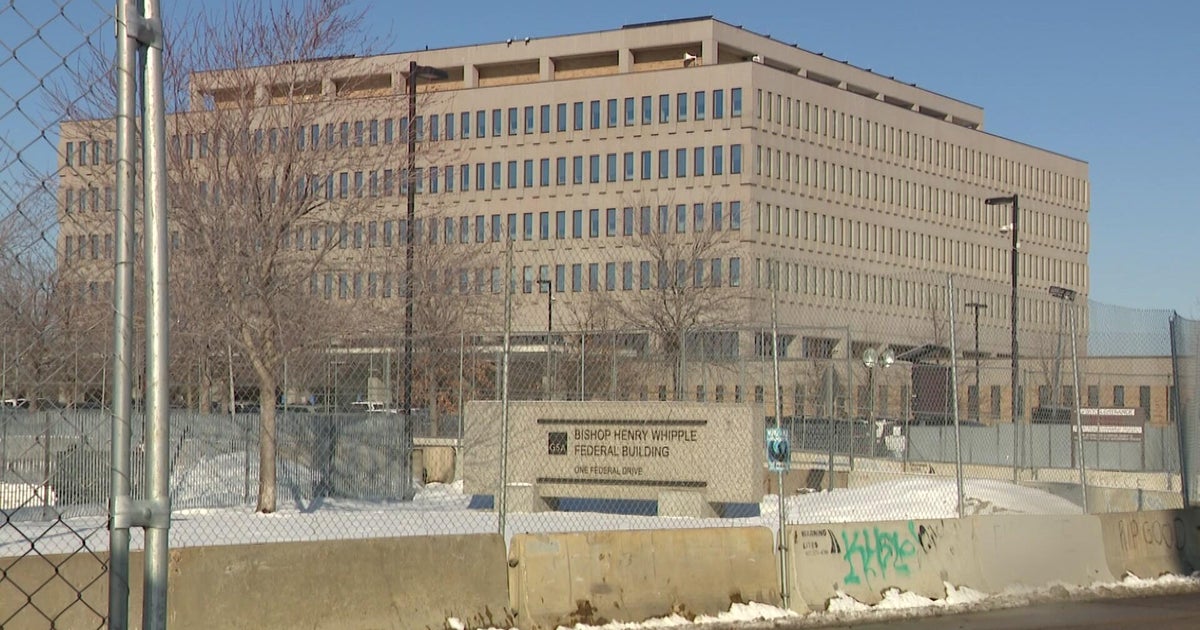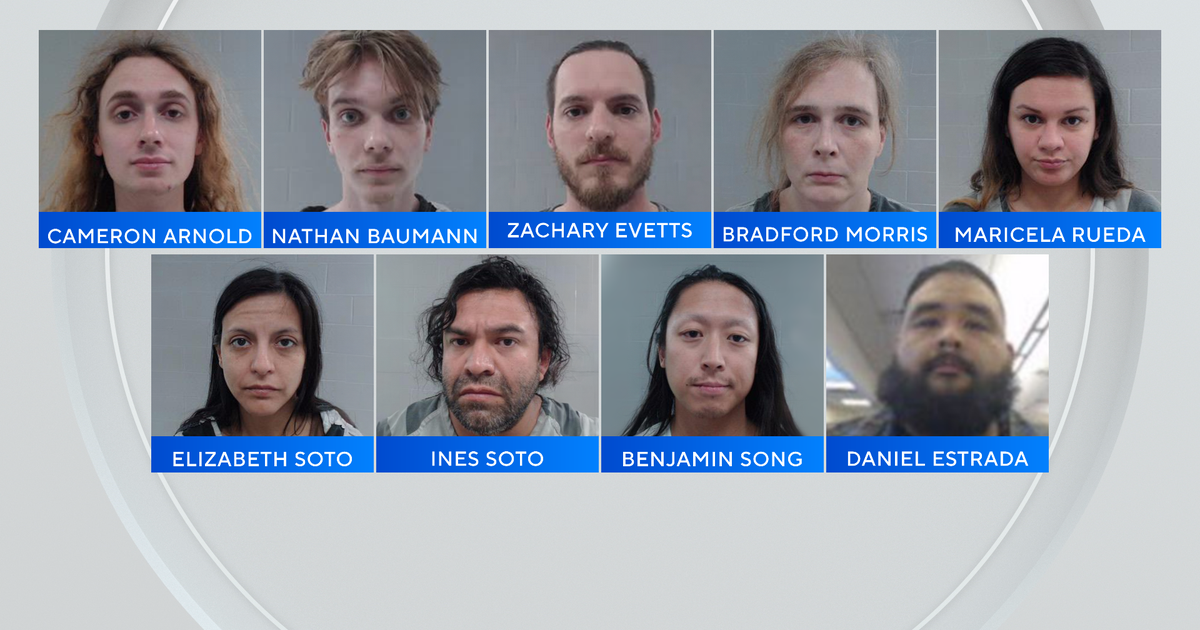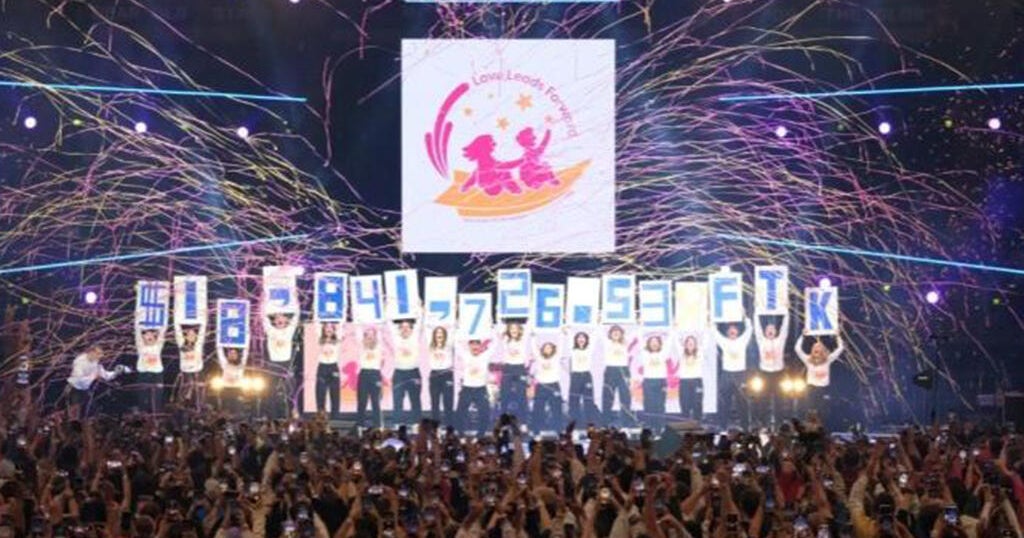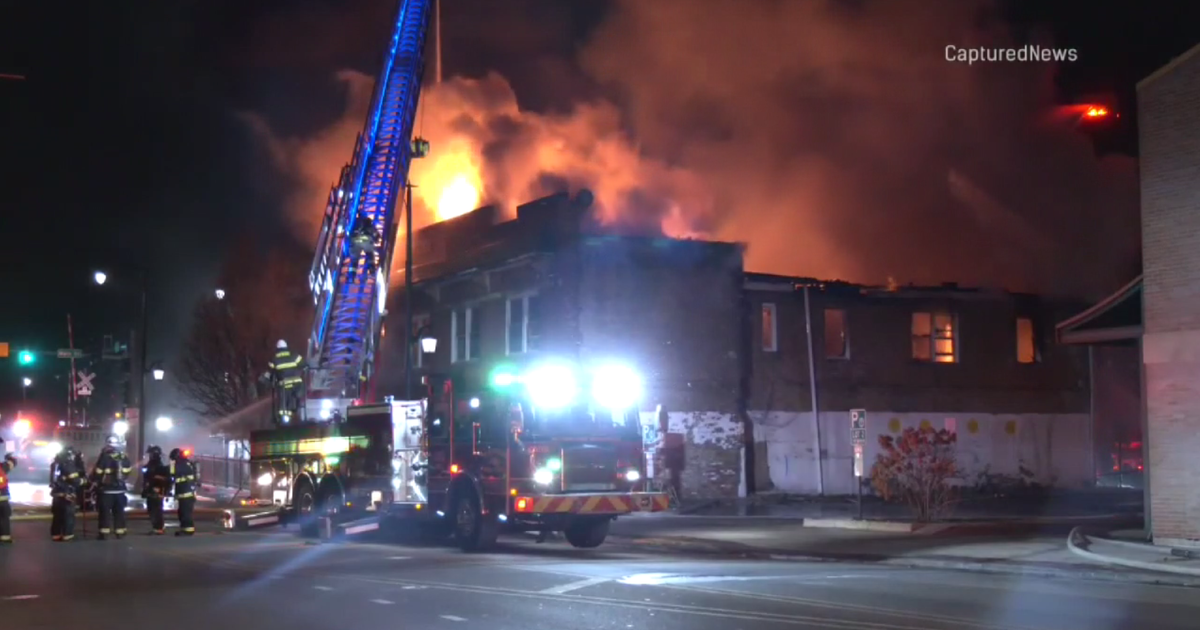Court Backs Borrowers In Loan Forgiveness Fight
TALLAHASSEE (CBSMiami/NSF) – A federal appeals court has cleared the way for a lawsuit in which two Florida women allege they were given false information about whether their student loans would be forgiven when they worked in public-service jobs.
A three-judge panel of the 11th U.S. Circuit Court of Appeals sided with Amanda Lawson-Ross and Tristian Byrne in the lawsuit against Great Lakes Higher Education Corp., which serviced the women's student loans.
The ruling overturned a lower-court decision that had dismissed the case, which includes allegations that the company violated a state law known as the Florida Consumer Collection Practices Act. The case was filed as a potential class action.
A district judge agreed with Great Lakes that a federal higher-education law bars such state-based claims. But the appeals court said the federal law, the Higher Education Act of 1965, does not preempt "state law claims alleging that student loan servicers made affirmative misrepresentations to borrowers regarding their eligibility for a federal program that forgives student loan balances."
The ruling said the Higher Education Act governs disclosure of information such as outstanding principal amounts, interest rates and amounts paid on loans. But it said that is different than the issue about whether Great Lakes gave false information to borrowers.
"Although at first blush the subject of the communications at issue might appear to resemble a description of payment plans or options to prevent default, the borrowers were not behind on payments or facing default," said the 31-page ruling, written by Judge Jill Pryor and joined by judges William Pryor and Eduardo Robreno. "Instead, they requested information about a loan forgiveness program for borrowers employed in public service jobs, specifically, whether they were in a position to meet that program's requirements. Great Lakes' voluntary, personalized, affirmative misrepresentations in the form of advice about whether an individual borrower was on track to qualify for the (loan forgiveness) program was different in kind from any disclosure required" by the federal higher-education law.
The ruling said Lawson-Ross earned master's and doctoral degrees in counseling psychology and went on to jobs at the University of Florida and Florida Gulf Coast University. It said she expected that after 10 years, her loans would be forgiven under the federal public-service program, a belief that was confirmed by representatives of the loan-servicing company.
Byrne graduated with an associate degree in criminal justice and learned about the loan-forgiveness program while working for the Pinellas County Sheriff's Office, Friday's ruling said. Byrne also alleges that she was given assurances by the loan-servicing company that she would qualify for the program after making payments on her federally backed loans.
Both women made payments before finding out that they didn't qualify for the forgiveness program because of the types of loans they had. The forgiveness program was tied to what are known as federal direct loans.
Lawson-Ross, for example, began making loan payments in 2007 and didn't find out until nearly 10 years later that she was ineligible for the forgiveness program, the ruling said.
"Had Lawson-Ross known that her loans were ineligible for the … program, she either could have made sure she was eligible for forgiveness under the ... program (presumably by consolidating her loans) or undertaken a different career path," said the ruling, which sent the case back to the lower court.
(©2020 CBS Local Media. All rights reserved. This material may not be published, broadcast, rewritten, or redistributed. The News Service of Florida's Jim Saunders contributed to this report.)
